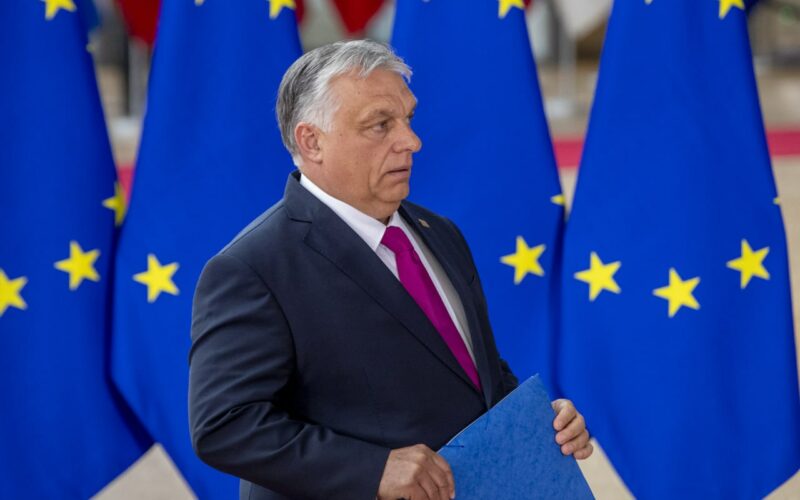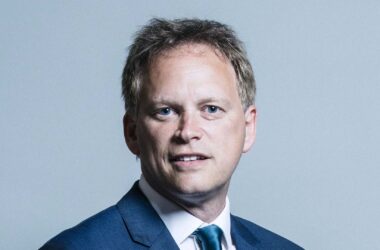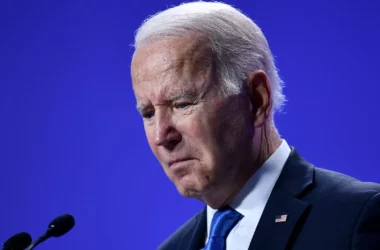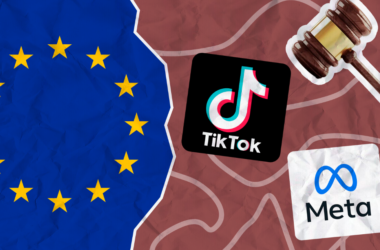Hungary has taken on the European Union’s rotating presidency as of Monday, pledging to serve as an “honest broker” despite widespread concerns about the country’s leadership under Prime Minister Viktor Orban. Orban’s government is frequently criticized for its perceived authoritarian tendencies and its ongoing ties with Russia.
Prime Minister Orban, in office since 2010, has committed to transforming Hungary into what he describes as an “illiberal democracy.” This vision has often led to clashes with EU institutions over rule-of-law and human rights issues. In particular, Orban’s refusal to support Ukraine against Russia and his opposition to EU sanctions on Moscow have strained relations with other EU member states.
The European Parliament has expressed concerns about Hungary’s capacity to lead the EU effectively, referencing the country’s democratic “backsliding” in a non-binding resolution adopted last year. Critics question how Hungary can credibly handle the EU presidency given its track record.
Hungarian EU Affairs Minister Janos Boka announced that Hungary is ready to fulfill its responsibilities, promising to work loyally with all EU member states. Boka emphasized Hungary’s commitment to a strong European policy, encapsulated by the presidency’s slogan, “Make Europe Great Again,” echoing the campaign theme of former U.S. President Donald Trump, a close ally of Orban.
The Hungarian presidency has outlined seven priorities, including addressing “illegal migration” and advancing the EU membership of Western Balkan countries. Despite this agenda-setting role, Hungary’s ability to effect significant change may be limited without the support of the European Commission, as noted by Daniel Hegedus, a senior fellow at the German Marshall Fund.
Orban has made clear his intention to reshape the EU political landscape, with recent announcements about forming a new political group in the European Parliament alongside Austria’s far-right Freedom Party (FPO) and the centrist Czech ANO party led by Andrej Babis. However, the group needs support from parties in at least four additional countries to be officially recognized.
During a recent European Council meeting, Orban unsuccessfully attempted to block a deal extending Ursula von der Leyen’s term as President of the European Commission. In a related move, von der Leyen postponed a planned visit to Budapest, underscoring the strained relations between Hungary and the EU’s executive body.
While Hungary can influence the EU agenda as the presiding nation, it faces constraints on its ability to act independently. Recent efforts by the outgoing Belgian presidency and EU institutions to finalize critical decisions have minimized potential disruptions during Hungary’s term.
Notably, the EU recently adopted a new sanctions package against Russia and initiated accession talks with Ukraine, highlighting ongoing EU efforts to address regional instability and limit Hungary’s scope for divergence.
As Hungary begins its six-month EU presidency, it remains under scrutiny for its internal policies and external alliances. Despite Orban’s promises of cooperation and advocacy for a strong Europe, the presidency is expected to navigate significant political challenges and scrutiny from other EU members and institutions.








